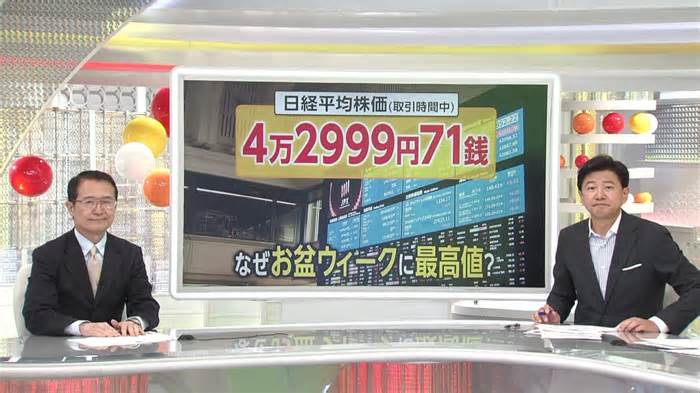Japan's benchmark Nikkei average sees a historic rise during the Obon holiday period. The term "Obon" refers to a Buddha's day celebration, traditionally looked upon as a time when stock trading volumes decrease due to the absence of domestic investors. However, this year saw a surprise surge in the Nikkei average, reaching its highest-ever point in history. The surge's causes are under investigation, with speculations linking it to increased foreign interest, among other factors.
In Japan, the Obon holiday period typically results in lower trading volumes, making the surge in Nikkei average quite notable. The rise in the average impacted the nation's financial condition positively, creating a buzz in financial circles and among investors waiting for a sign of recovery. This event affects their future investment and trading decisions.
In the US or EU, it is common for stock markets to show fluctuations during national holidays owing to decreased trading. However, a record-setting surge during such periods is relatively rare, drawing parallels with Japan's recent Nikkei average hike. Increased foreign investment or interest is often a driving factor in such surprising market activities.

